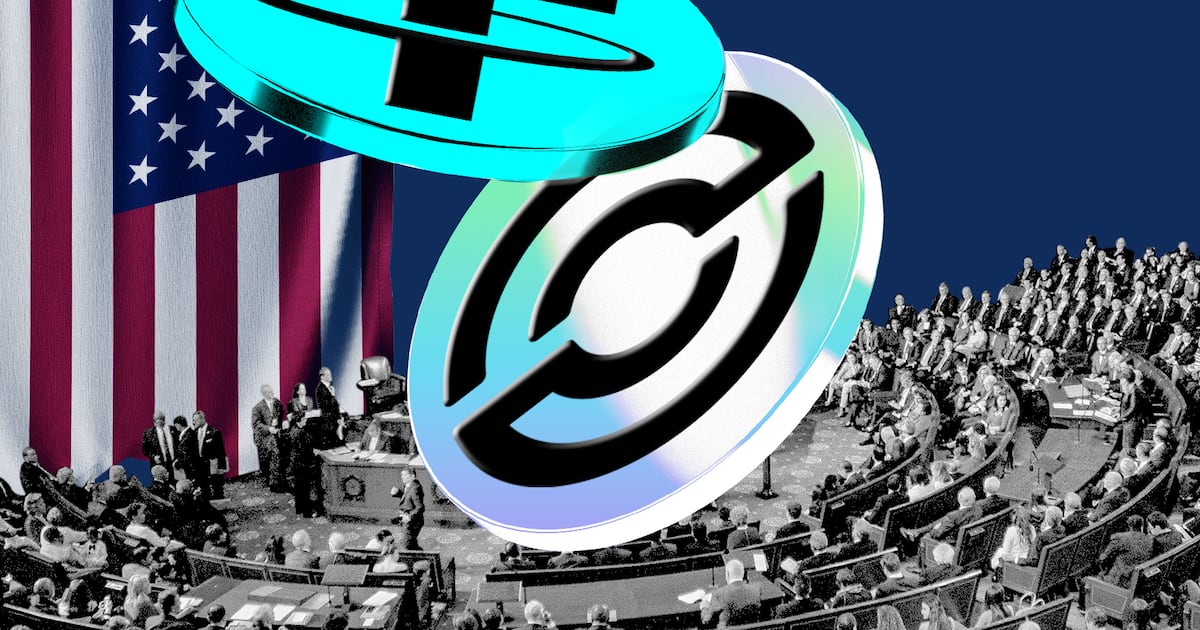Senate Passes Landmark Stablecoin Legislation
Date: [Current Date]
US senators passed landmark stablecoin legislation on Tuesday, introducing regulatory registration and oversight for dollar-backed crypto assets. The bill, known as the “GENIUS Act,” was approved 68-30 and now moves to the House of Representatives.
The Senate-passed bill faces potential reconciliation with House legislation. Lawmakers may combine elements, either reconciling the existing bills or incorporating the GENIUS Act into the broader Clarity Act.
The legislation garnered broad support, attracting backing from nearly every Republican and over a dozen Democrats.
“Today’s strong bipartisan passage of the GENIUS Act is proof of what can be achieved through honest negotiations and a willingness to work across the aisle,” stated Senator Reuben Gallego (D-AZ). “We are meaningfully closer to a stablecoin regulatory landscape in the U.S. that provides clear rules of the road, protects consumers, and holds bad actors accountable.”
Industry-friendly regulatory news drove increased interest in stablecoins. Market valuation surged 55% over the past year, reaching $251 billion, according to DefiLlama.
Key market developments include: JPMorgan Chase announcing plans for a stablecoin on the Coinbase Base blockchain, and reports that both Walmart and Amazon are exploring their own stablecoin offerings.
Key Provisions of the GENIUS Act
The bill establishes requirements for qualified stablecoin issuers, including backing assets with highly liquid forms (like US Treasuries) and implementing:
- Monthly reserve disclosures
- Law enforcement token-freezing capacities
Seeking broader consumer protection—addressed as an issue during initial debates—the bill applies existing financial product regulations.
The Federal Trade Commission and Consumer Financial Protection Bureau will share enforcement responsibilities, though the latter faces potential funding challenges under the current administration.
Notably excluded is FDIC deposit insurance for these digital assets.
Industry Response
“This is a win for the U.S., a win for innovation, and a monumental step towards appropriate regulation for digital assets in the United States,” noted Amanda Tuminelli from DeFi Education Fund.
Meanwhile, the House continues developing a comprehensive crypto regulatory framework through the “Clarity Act,” potentially subsuming the stablecoin legislation.












